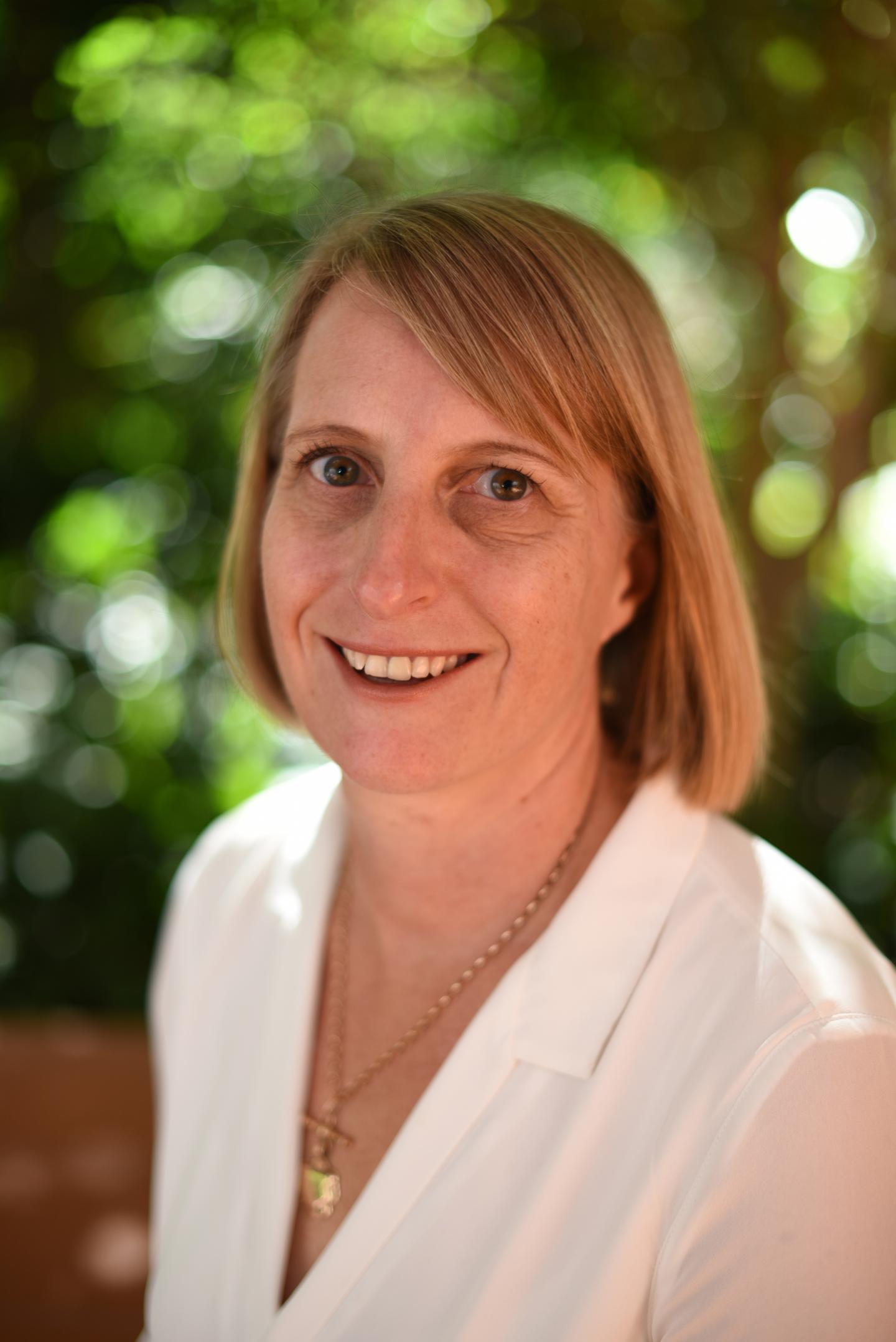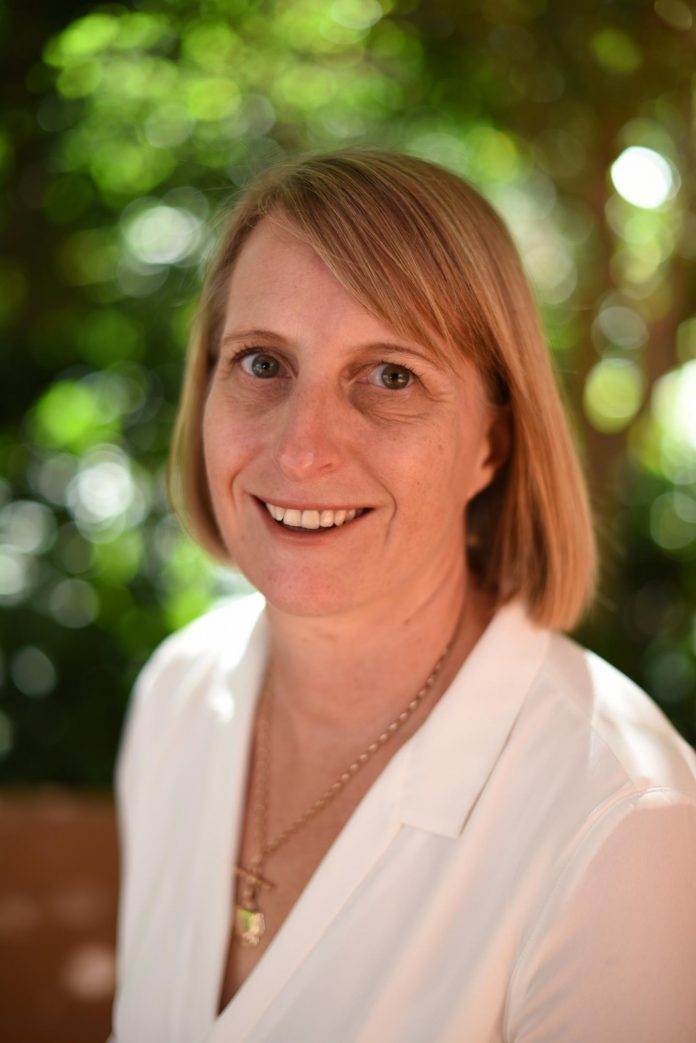
IMAGE: Associate Professor Kristen Radford.
view more
Credit: Translational Research Institute
Scientists are ready to trial a new cancer vaccine in humans following the successful outcome of their preclinical studies.
The new vaccine was developed by a Mater Research team based at The Translational Research Institute in collaboration with The University of Queensland.
Lead Researcher Associate Professor Kristen Radford says the vaccine has the potential to treat a variety of blood cancers and malignancies and is a major breakthrough for cancer vaccinations.
“We are hoping this vaccine could be used to treat blood cancers, such as myeloid leukaemia, non-Hodgkin’s lymphoma, multiple myeloma, and paediatric leukaemias, plus solid malignancies including breast, lung, renal, ovarian, and pancreatic cancers, and glioblastoma,” she said.
“Our new vaccine is comprised of human antibodies fused with tumour-specific protein, and we are investigating its capacity to target human cells while activating the memory of the tumour cells.”
Associate Professor Radford says the vaccine offers several key advantages over existing cancer vaccines, which have already shown promise in early clinical trials.
“First, it can be produced as an ‘off the shelf’ clinical grade formulation, which circumvents the ?nancial and logistical issues associated with patient-specific vaccines,” she said.
“Secondly, this prototype vaccine targets the key tumour cells required for the initiation of tumour-specific immune responses, thereby maximising potential effectiveness of treatment, while minimising potential side effects.
“We are very happy to see our research published in a prestigious journal, and we hope our continued work towards finding a safe and effective cancer vaccine will benefit cancer patients in the future.”
###
The study was published in the highly ranked journal, Clinical and Translational Immunology, and funded through grants from the Worldwide Cancer Research in the United Kingdom and the Mater Foundation.
TDnews















